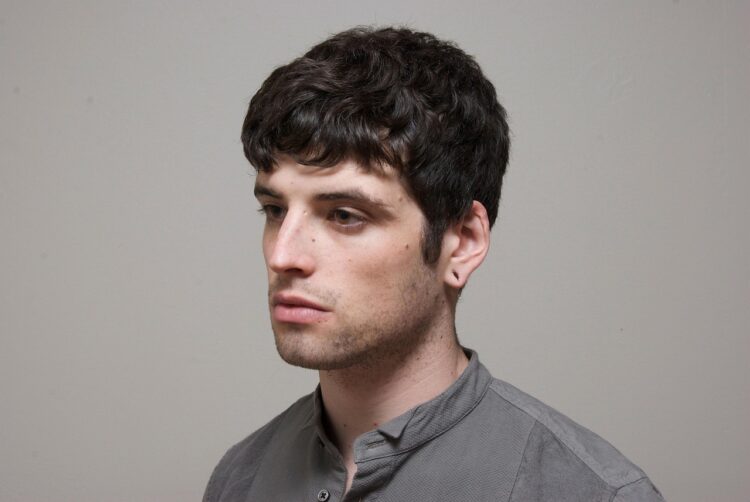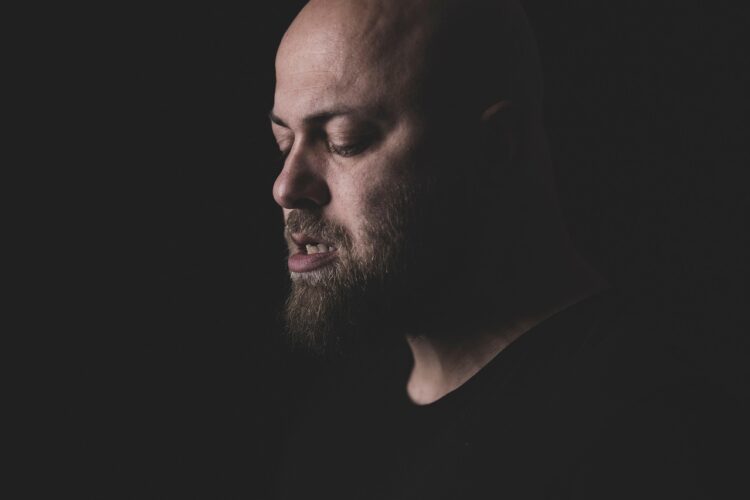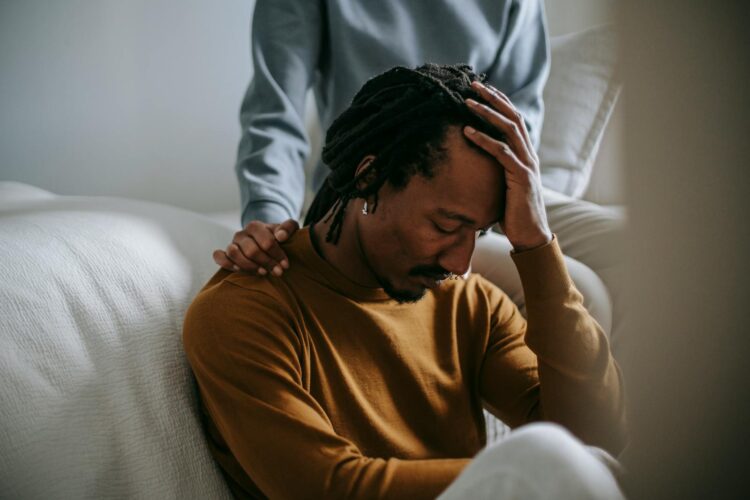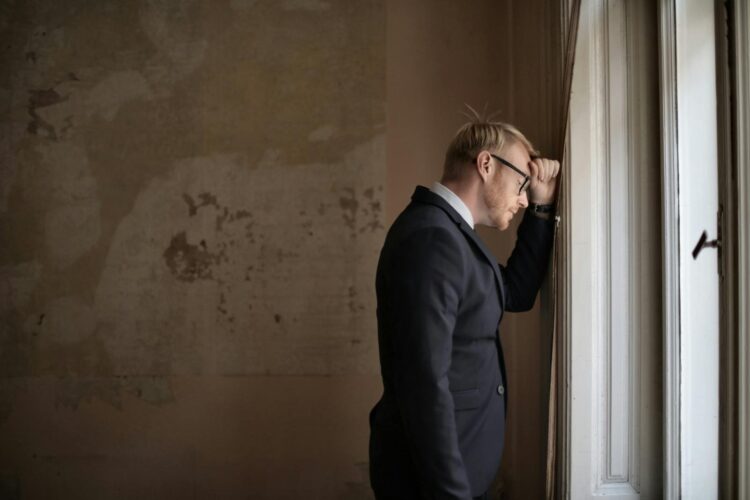
Men are often expected to appear strong, composed, and confident. But behind the mask, many carry insecurities they rarely confess — even to their closest friends or partners. These hidden fears shape how they show up in relationships, careers, and everyday life. Understanding them doesn’t make men weaker; it makes them more human.
Fear of Not Being Good Enough

No matter how much a man achieves, a quiet voice may whisper that he isn’t enough. He might fear he’s not a good partner, not successful enough at work, or not living up to family expectations. This insecurity can lead him to overcompensate with long work hours, constant achievements, or perfectionism. It can also make him withdraw when he feels he’s falling short. Men rarely admit this fear, but it quietly drives many of their choices, creating pressure that never seems to let up.
Worry About Their Looks

Men often act indifferent about appearance, but in truth, many privately worry about hair loss, receding hairlines, weight gain, height, or signs of aging. Unlike women, who are more openly encouraged to talk about body image, men are expected to shrug it off. But insecurity about looks can run deep — affecting their confidence in dating, intimacy, or even professional settings. They may mask it with jokes, hats, gym routines, or pretending not to care, when in reality they’re silently comparing themselves to others.
Pressure to Be the Provider

Even in modern relationships where income is shared, men often feel a lingering pressure to provide financially. Society has long tied masculinity to money and security, and failing to live up to that image can weigh heavily. If his partner earns more, or if he loses his job, he may feel like his role is threatened. He might never express this insecurity, instead burying it under silence or frustration. But the fear of failing as a provider often affects how men view themselves as worthy partners and fathers.
Fear of Emotional Rejection

Opening up emotionally can feel terrifying for many men. They may crave intimacy but fear that sharing too much will lead to rejection or ridicule. This insecurity makes them cautious about showing vulnerability — holding back their true feelings, even with someone they trust. Instead, they might hide behind humor, detachment, or avoidance, hoping to protect themselves from pain. The fear isn’t about physical rejection but about the possibility that their inner self won’t be accepted.
Performance Anxiety

For men, performance often feels tied to identity and masculinity. Even minor struggles, like stress, fatigue, or medical issues, can create lasting anxiety. They may overthink during intimacy, worrying about being compared to past partners or about satisfying expectations. This silent fear can spiral, making them avoid intimacy rather than face potential “failure.” Because it’s so personal, men rarely admit it, but performance anxiety is one of the most common hidden insecurities men silently carry.
Fear of Losing Status

Men often measure themselves by their place in the social or professional hierarchy. A lost promotion, financial setback, or seeing peers succeed faster can spark deep insecurity. They may fear slipping into irrelevance, being overlooked, or no longer being respected. Because status is tied to pride, they might downplay it while secretly feeling crushed. This fear isn’t just about money — it’s about identity and how they’re valued in the eyes of others.
Comparisons to Other Men

Even confident men fall into the trap of comparison. Social media makes it worse, exposing them daily to others with more money, bigger muscles, or seemingly happier relationships. They may not say it out loud, but the quiet question “Am I enough compared to him?” lingers. This insecurity can fuel jealousy, competitiveness, or unnecessary self-criticism. While women often face open discussions about comparison pressures, men silently wrestle with it, believing they should be above it.
Fear of Being Replaceable

Men may wonder whether they’re truly irreplaceable to their partner, friends, or job. A casual comment, an ex’s memory, or a colleague praised too often can trigger a hidden fear: “What if I’m not special enough to keep?” This insecurity can lead to clinginess, jealousy, or quiet resentment. Even men who appear secure sometimes carry the burden of questioning their uniqueness, worrying that someone “better” could easily take their place.
Struggles With Aging

Wrinkles, gray hair, and slower recovery after workouts aren’t just surface-level issues — they symbolize the passing of time. Many men worry about losing their strength, vitality, or relevance as they age. They might hide it with humor or denial, but deep down, aging makes them question their value. In cultures that prize youth, men may fear being seen as less desirable, less capable, or less important. This quiet battle with aging is one of the most universal insecurities men face.
Fear of Failure as a Father

For men with children, nothing cuts deeper than the worry that they aren’t doing enough as fathers. They may question whether they’re providing, protecting, and guiding properly. If they’re busy with work, guilt sets in. If they’re strict, they fear they’ll push kids away. If they’re soft, they fear they’re not preparing kids for the real world. This insecurity is rarely spoken aloud, but it quietly eats at men who desperately want to be remembered as good dads.
Not Feeling Intelligent Enough

In group discussions, work meetings, or debates, many men silently worry they’ll say something wrong or look clueless. They may keep quiet to avoid embarrassment, while inside they’re second-guessing their intelligence. Society often pressures men to “know everything,” making mistakes feel humiliating. This insecurity can make men overcompensate by being defensive, overly competitive, or dismissive of others — all rooted in a hidden fear of not being smart enough.
Insecurity About Emotional Intelligence

Men are often taught to be logical and rational, but in today’s world, emotional intelligence is just as valued. Many quietly fear they lack empathy or the ability to connect deeply with others. They may wonder if they’re romantic enough, sensitive enough, or good at reading emotions. When they miss emotional cues, they may feel clumsy or inadequate, even if they never show it. This hidden insecurity makes them question their ability to truly love or support others.
Fear of Being Judged for Weakness

From a young age, men are told to “man up” and not cry. This conditioning creates an insecurity that weakness will destroy their image. Many men hide depression, loneliness, or struggles with anxiety, fearing others will see them as fragile. They may mask pain with anger or silence, because admitting weakness feels like admitting failure. This fear is one of the biggest reasons men avoid seeking help, even when they desperately need it.
Body Image Beyond Muscles

It’s not just about being muscular. Men worry about height, body hair, shoulders, or even things like skin tone and jawlines. A man may obsess over being too skinny, too short, or not broad enough, even if no one else notices. Unlike women, men rarely discuss these body image struggles, making them feel isolated in their insecurities. Hidden body worries can affect confidence in dating, intimacy, and even self-esteem at work or in social groups.
Fear of Dying Without Legacy

Many men worry about what they’ll leave behind. They ask themselves: Will my work matter? Will my children remember me fondly? Will I leave any mark on the world? This hidden insecurity drives men to chase accomplishments, recognition, or financial success — not always out of ambition, but out of fear of being forgotten. Even men who seem carefree often carry the quiet weight of wanting their lives to have lasting meaning.

